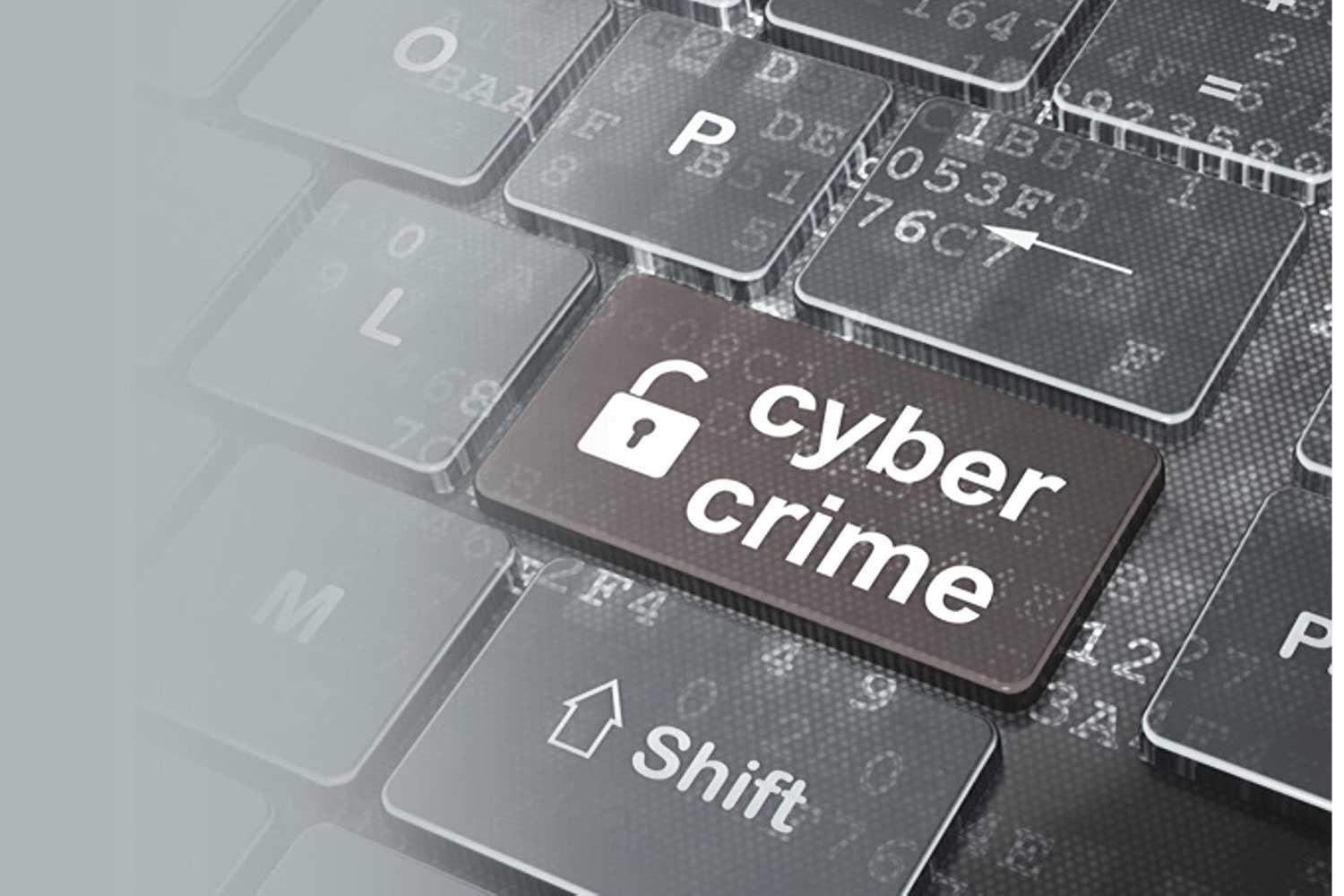
Introduction
Advanced communication technologies open the door to advancement of humanity and crimes as well. But Legislation and legislators are always slower than the development of ICTs leaving our region vulnerable to all types of cyber attacks and will make cybercrime laws difficult to enforce.
The latest incidents in the region from Stuxnet to Saudi Aramco attack prove without a doubt that we are now part of global cyber conflicts.
In this analysis I will introduce the challenges that face both legislators and law enforcements in the region when dealing with cybercrime phenomenon.
1st Challenge – Responsibility
In Middle East countries there is big dilemma when it comes to cyberspace related laws. When I investigated available cybercrime legislation in the region, I found that there is no one responsible government department for drafting or dealing with cyber laws. Many government agencies might be involved in cyber related laws such as “E-signature, E-commerce, domain name registration, copyright and IP, cybercrime, cyber espionage, and cyber terrorism”. To discuss such laws I can notice the involvement of more than one government departments for example “Ministry of Trade, Ministry of ICT, Ministry of Interior, Central Bank, Ministry of Justice, and even Intelligence and Defence departments”
The problem that any of the above authorities could claim responsibility of such laws and that will be big challenge for Middle East governments when drafting cybercrime law. It’s important to establish dedicated government department to deal with cyber laws. The UAE for example appointed special courts for cybercrime cases.
